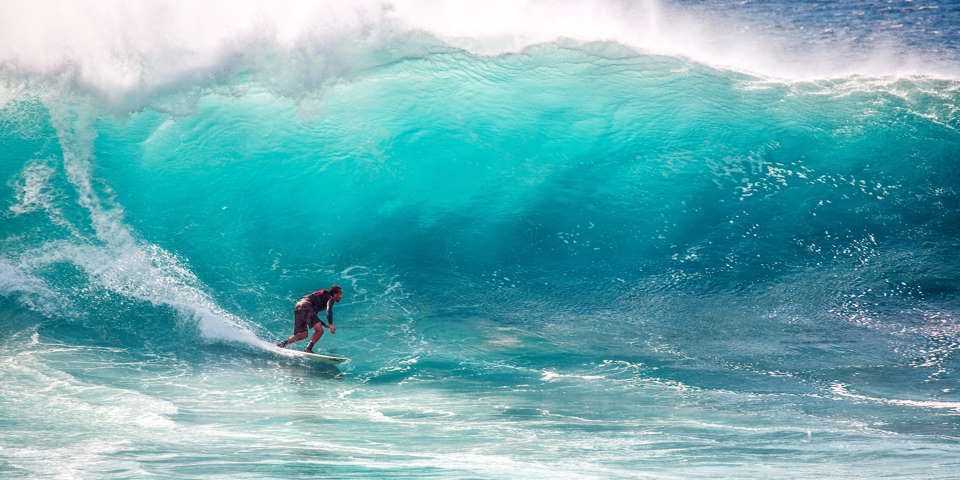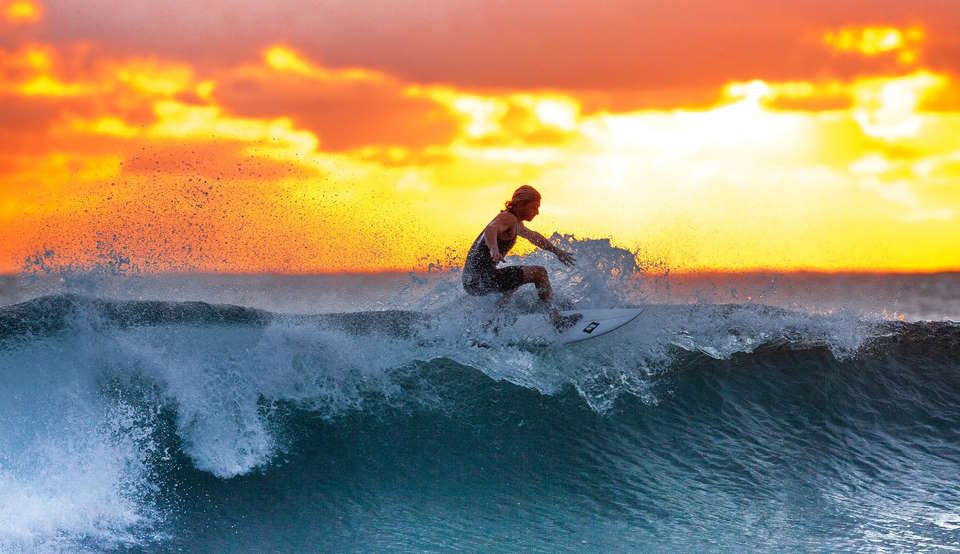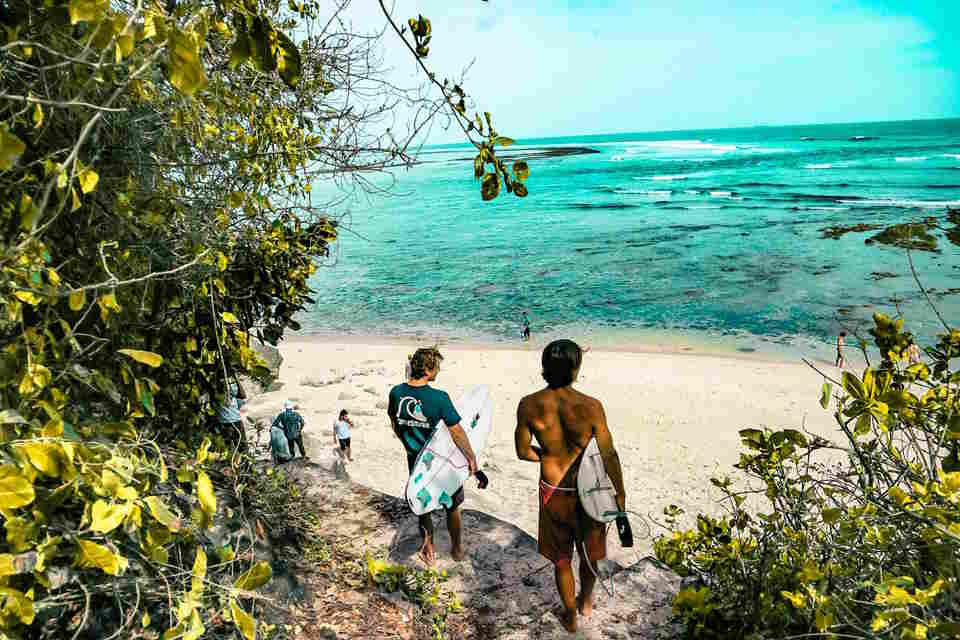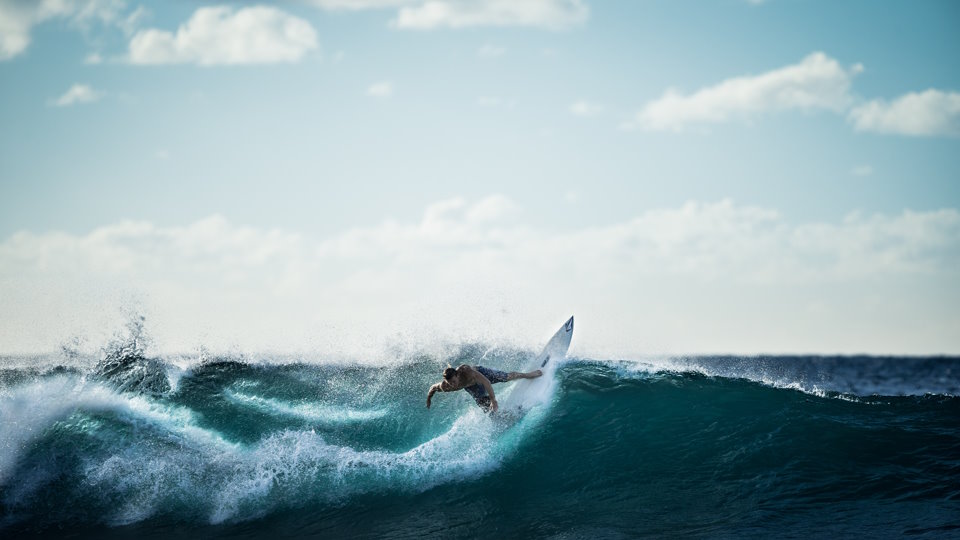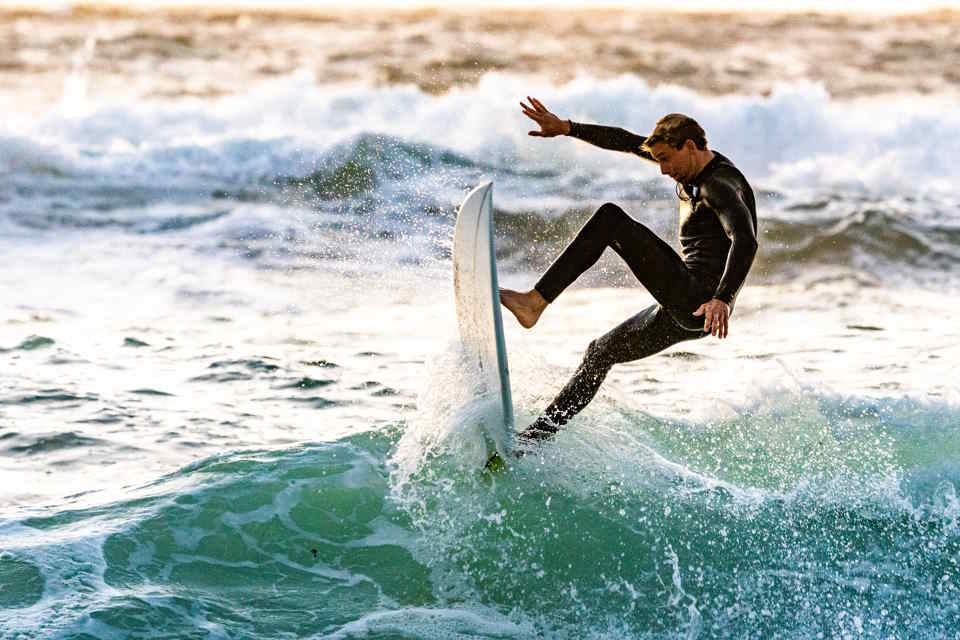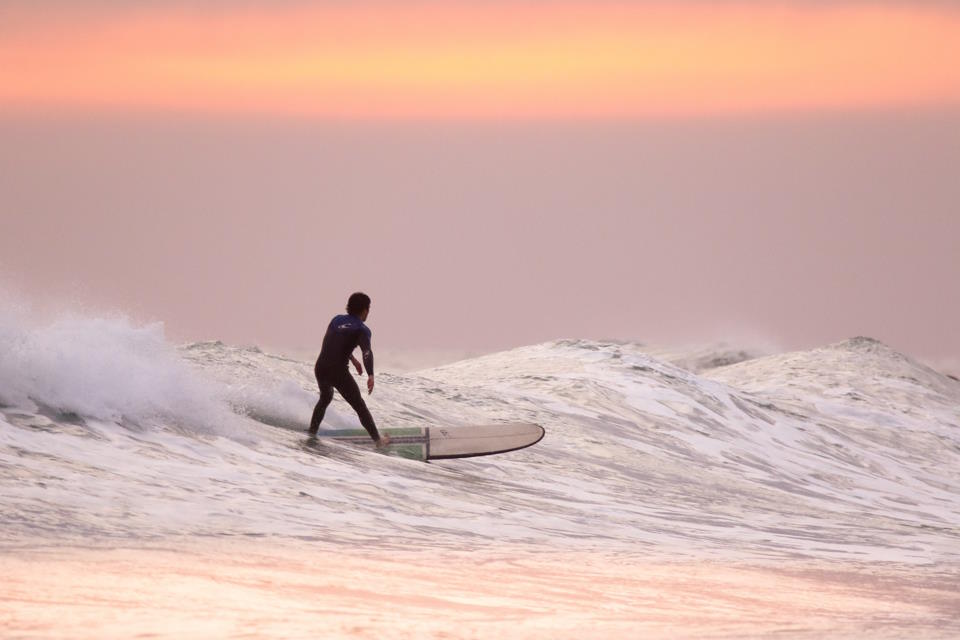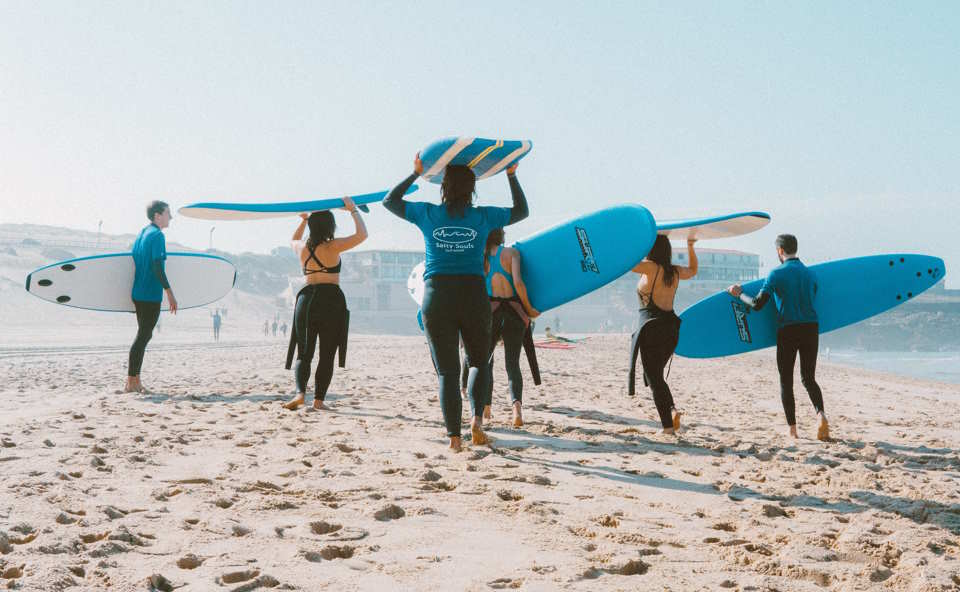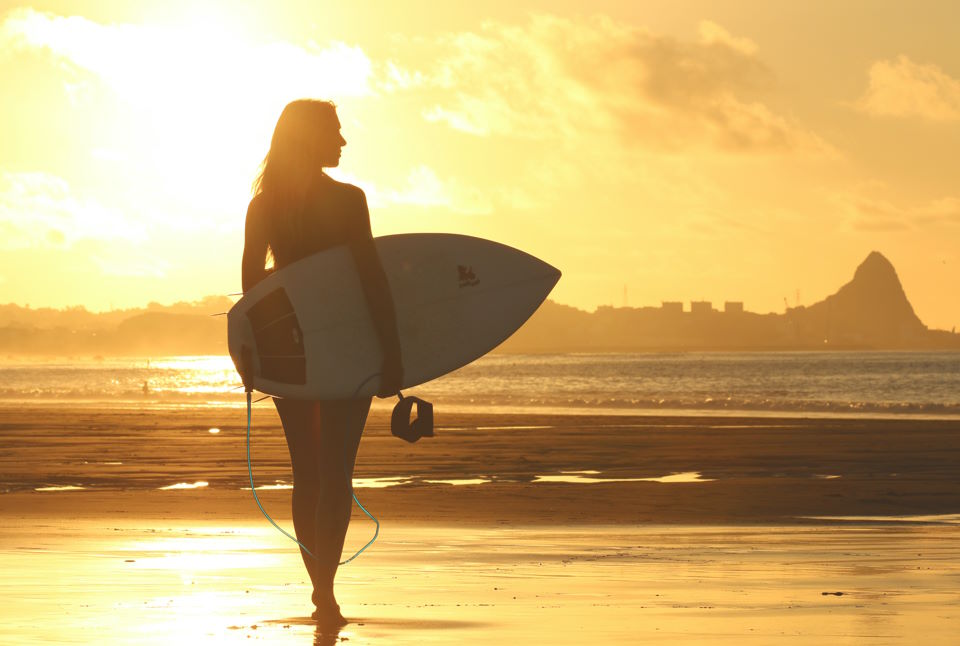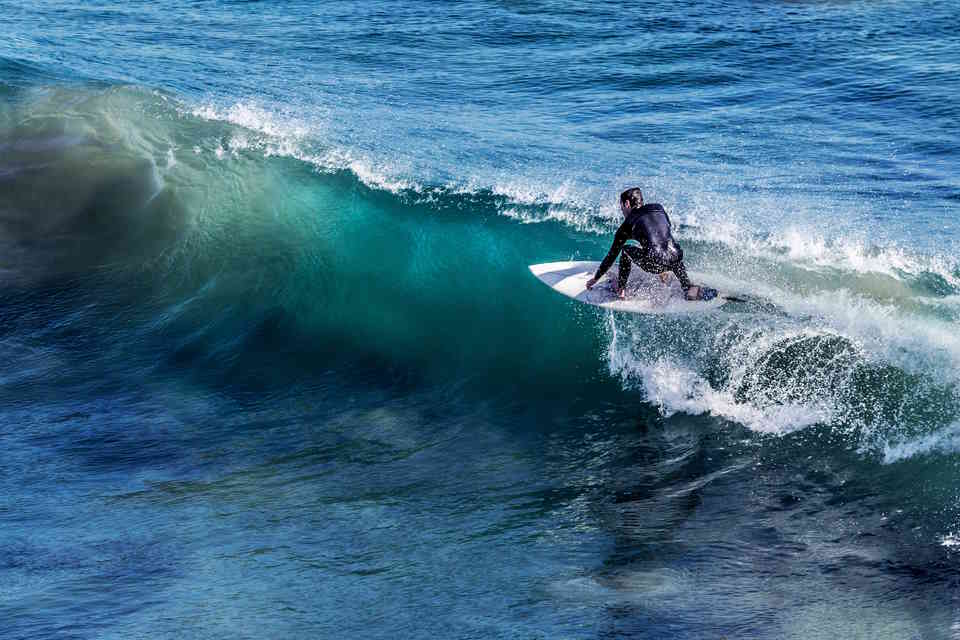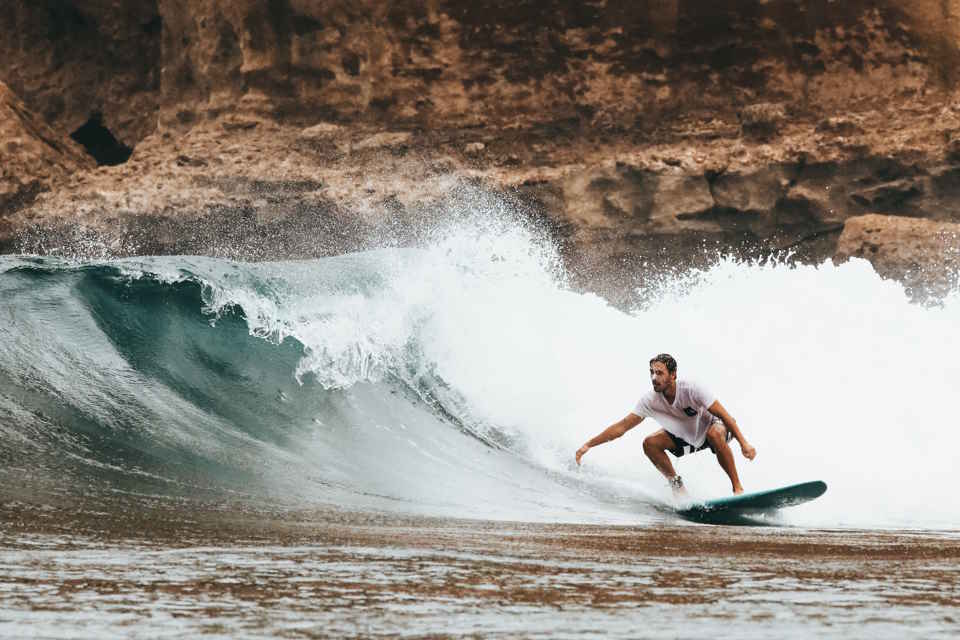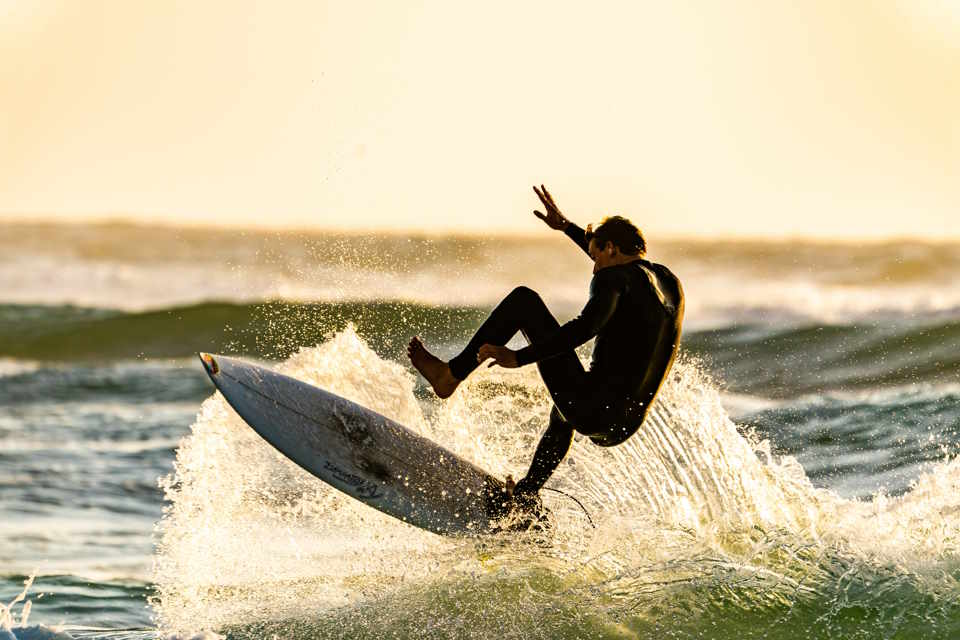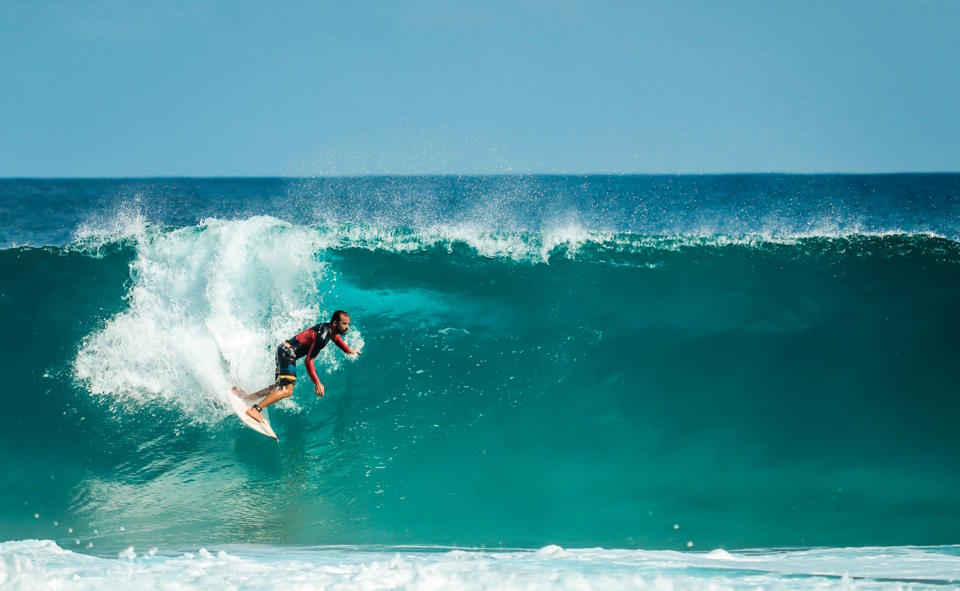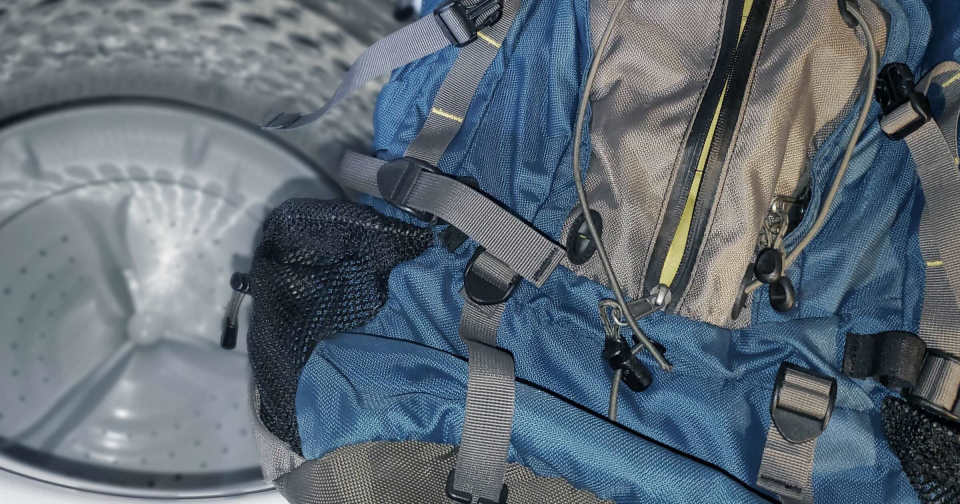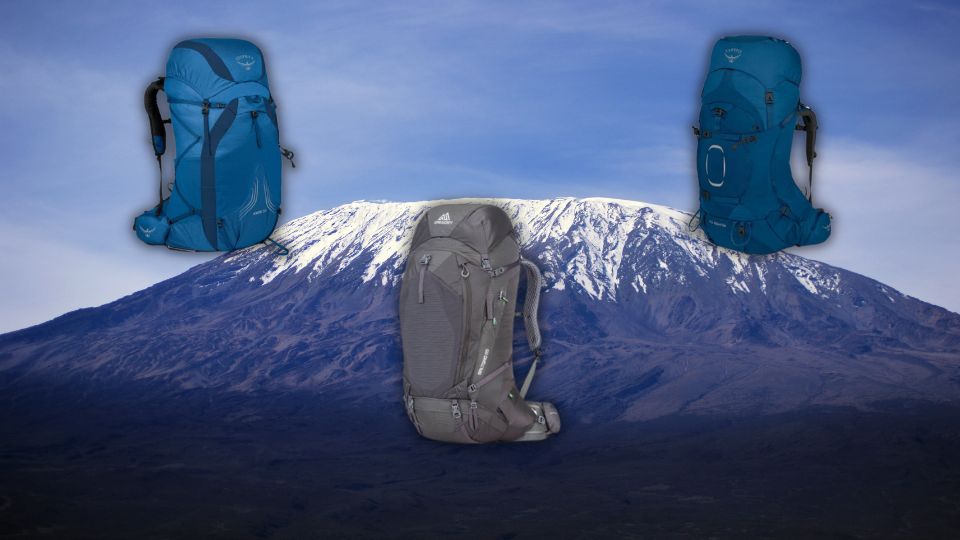Are you dreaming of riding waves and experiencing the thrill of surfing? If you’re an absolute beginner, you may be wondering if it’s possible to surf with no experience. Good news – anyone can learn to surf, regardless of their age, fitness level, or background. With the right mindset, equipment, and practice, you can catch your first wave and start mastering the sport. We’ll answer some common questions about surfing for beginners, such as how to prepare, where to learn, and whether you can teach yourself. Whether you’re 16 or 60, grab your surfboard and let’s dive in!
Introduction
Surfing is a thrilling water sport that has gained great popularity in recent years. Whether you want to catch waves as a hobby, fitness routine, or professionally, you need to start somewhere. As a beginner, learning to surf requires time, patience, and dedication. But with the right equipment, guidance, and mindset, surfing can be an enjoyable and rewarding experience.
First, you need to invest in the right surfing gear. A good surfboard, wetsuit, leash, and wax are essential to getting started. Depending on your skill level, you can opt for a longer and wider surfboard that is more stable and easier to balance on. Wetsuits come in different thicknesses, so make sure you choose one that is suitable for the water temperature. A leash is also necessary to keep your board from being swept away by the waves. And applying wax on your board helps you grip it better and avoid slipping off during rides.
Next, find a suitable surf spot that is safe and beginner-friendly. Look for beaches that have a gentle and consistent wave break, with not too crowded lineups. This will give you ample space and time to practice catching waves and standing up on your board. Also, make sure to follow proper surfing etiquette, such as giving way to more experienced surfers, not dropping in on other’s waves, and respecting the environment.
When you first start surfing:
-
- Paddle out to the surf break using your arms and hands
- Watch the waves and observe their pattern of waves
- Pick a smaller wave and begin to paddle towards the shore as the wave approaches
- As the wave starts to lift your board, pop up to your feet swiftly
- Keep your balance by bending your knees and looking forward
- Try to ride the wave for as long as possible before it breaks
Lastly, practice, practice, practice. Learning to surf takes time and effort, so don’t get discouraged if you struggle at first. Build up your stamina, strength, and skills by regularly surfing, watching videos, and getting feedback from experienced surfers. Remember to stay safe, have fun, and enjoy the beauty of riding the waves.
Can You Surf With No Experience?
Surfing is a popular water sport among beach lovers, but many people are hesitant to try it because they fear they don’t have enough experience. The question is – can you surf with no experience?
The answer is – yes, you can! Nobody is born with surfing skills already embedded within them. Some people might have a natural flair for the sport, but for most people, it is something that needs to be learned and practiced. If you have an interest in surfing, it is possible to start with no experience and work your way up.
- Find a Good Instructor: The most critical aspect of learning to surf is having a good instructor to guide you through the process. It’s essential to surf with an experienced surfer who can help you understand how to read the waves, maintain proper form, and stay safe in the water.
- Choosing the Right Board: Another important factor to consider when starting surfing is to select a board that suits your skill level and body type. A big board provides increased stability and makes catching waves easier when you’re just beginning.
- Be Prepared To Fall: Learning to surf involves a lot of falls. You’re likely to get thrown off the board several times before you can stand up and ride a wave. It’s essential to have patience, persistence, and the right attitude. Remember, it’s all a part of the learning process.
Surfing can feel daunting if you have never tried it before. However, the truth is – anyone can learn how to surf with no experience. This sport requires practice, determination, and patience, but it can be an incredibly rewarding experience for those who stick with it. So, get out there, find a good instructor, have a positive attitude, and ride those waves!
Can I Teach Myself Surfing?
Surfing is a sport loved by many. It is not only fun, but it also provides many health benefits, such as improving your balance, strength, and cardiovascular health. Some people think that surfing is only for professionals and cannot be self-taught. However, this is a common misconception. With dedication, patience, and practice, anyone can learn how to surf.
Learning to surf by yourself is not impossible, but it does require certain steps to ensure you progress safely and effectively. The first step is to learn about the ocean, waves, and currents. Knowing where to surf and when to surf is essential to avoid dangerous situations. You can learn about these things online or by joining surf forums and communities. Additionally, it is important to have the right gear, including a surfboard that suits your level.
- Beginners should choose a soft-top or a longboard, as they are more stable and easier to paddle.
- Also, make sure to wear a wetsuit appropriate for the water temperature to keep you safe and warm.
Now that you have the gear and knowledge needed, it’s time to hit the water. Start by practicing your paddling and getting comfortable lying on the board. Once you feel confident enough, try catching some whitewater waves. Remember, it is essential to start small and not take on big waves before you are ready. As you progress, you can experiment with different techniques, such as popping up and turning.
| DO | DON’T |
|---|---|
| Stay safe. Start small and avoid big waves. | Go into the water without knowing the basics or the location. |
| Practice regularly to build your skills. | Rush the process. Surfing takes time and patience. |
| Watch surf tutorials and learn from professionals. | Be afraid of falling or making mistakes. It’s part of the learning process. |
It is important to note that teaching yourself to surf has its limitations. You may not progress as quickly as you would with a qualified instructor or receive feedback on your technique. Additionally, surfing with others and joining a surf school or camp can make the learning process more fun and engaging.
So, you can teach yourself to surf if you possess the right gear, knowledge, and dedication. While there are challenges to self-teaching, such as safety concerns and potential frustration, the rewards of learning to surf are significant. So, give it a try and enjoy the experience of mastering a new sport!
How Do Beginners Prepare for Surfing?
If you’re someone who’s always been fascinated by surfing but never tried it out, you may feel a little intimidated by the thought of getting out there on the waves. Don’t worry – even the most experienced surfers were beginners once, and there are a few things you can do to make sure you’re prepared before you hit the beach.
The first step to preparing for surfing as a beginner is to make sure you have all the necessary gear. This includes a surfboard, wetsuit, and leash. Talk to more experienced surfers or staff at your local surf shop to figure out what type and size of equipment you need. It’s also a good idea to invest in some surf wax to help you stay on your board.
- Surfboard: Choose a surfboard that’s large and stable enough for a beginner – typically around 8 or 9 feet long. Soft-top boards are ideal for beginners, as they provide more stability and are less likely to injure you.
- Wetsuit: Depending on the water temperature, you’ll want to invest in either a full wetsuit or spring suit. Make sure it fits properly so you don’t get cold or uncomfortable while out on the water.
- Leash: A leash connects you to your surfboard and helps prevent you from losing it in the water. Make sure it’s the right length for your board.
- Surf wax: Applying wax to your board helps create friction between your feet and the board, making it easier to stay on.
Once you have your equipment, it’s important to familiarize yourself with the beach and the waves before you start surfing. Take some time to watch more experienced surfers and figure out where they’re going in and out of the water. You can also talk to lifeguards or locals to get a sense of the best spots for beginners.
Before you hit the waves, it’s also important to make sure you’re in good physical condition. Surfing is a full-body workout, so you’ll want to make sure you’re comfortable paddling and able to stand up on your board. Doing exercises that strengthen your core, arms, and legs can be helpful preparation for surfing.
| Core exercises | Arm exercises | Leg exercises |
|---|---|---|
| Plank | Push-ups | Squats |
| Sit-ups | Dumbbell curls | Lunges |
| Russian twists | Tricep extensions | Deadlifts |
It’s important to remember that surfing is a sport that requires practice. Don’t be discouraged if you don’t catch many waves or don’t feel comfortable on your board at first. Keep trying, and soon you’ll start to feel more confident and in control. The more time you spend in the water, the better you’ll become.
Can I Learn to Surf at 30?
Are you past your 20s and thinking that it might be too late to learn to surf? Don’t worry, you’re not alone. Many people believe that there’s a specific age requirement for surfing, but the truth is that you can start at any age. You might not become a pro, but you’ll still be able to enjoy the sport in your 30s and beyond – and who knows, you might surprise yourself with your skills!
One of the keys to success is to have patience and a positive mindset. It’s easy to get discouraged when you don’t catch a wave on the first try or when you fall off multiple times in a row, but remember that surfing is a challenging sport. Learning to surf requires time and practice, so don’t give up too soon.
- Get a beginner-friendly surfboard that is stable and buoyant. A longer board with a wide shape and thickness is a good option.
- Take lessons from a certified surf instructor. They will teach you the basics of paddling, popping up, and riding waves safely.
- Practice regularly, even if it’s just for a few hours a week. Consistency is key to improving your skills.
Another tip is to surround yourself with supportive and like-minded people. Join a local surf club or community to meet other beginners and experienced surfers. You can share tips, encourage each other, and cheer on each other’s progress.
| Pros | Cons |
|---|---|
| Surfing is a fun and exhilarating activity that can boost your physical and mental health. | There’s a risk of injury, especially if you don’t follow safety guidelines or attempt advanced maneuvers too soon. |
| You’ll get to connect with nature and enjoy the beautiful views of the beach and ocean. | Surfing can be expensive, especially if you need to rent equipment or travel to different surf spots. |
Age shouldn’t hold you back from trying new things, including surfing. With the right mindset, equipment, instructors, and practice, you can learn to surf at 30 or any age. Embrace the challenge, enjoy the ride, and remember that the best surfer is the one having the most fun!
Can Anyone Get Good at Surfing?
Surfing is a sport that can be incredibly intimidating for beginners. The idea of paddling out into the ocean, catching waves, and standing up on a board seems like an impossible task. However, the truth is that with enough dedication and practice, anyone can get good at surfing.
One of the biggest factors in being able to become a proficient surfer is having access to the right conditions. If you live near a surf spot with good waves for beginners, then you’ll have a better chance at progressing quickly. However, even if you don’t live near the ideal location, you can still learn to surf. It may just take a bit more time and effort.
Another important aspect of improving your surfing skills is dedication. Unlike some other sports, surfing requires a lot of time in the water to really get the hang of it. If you want to improve quickly, it’s important to surf as often as possible. This may mean waking up early to catch the morning swell or staying out until the sun sets.
- Practice regularly – the more you practice, the better you’ll get.
- Watch videos or get a surf lesson to learn proper technique.
- Be patient – progress may come slow at first, but don’t give up.
- Pick the right equipment for your skill level.
Ultimately, the question of whether anyone can get good at surfing depends on individual dedication and natural ability. Some people may progress more quickly than others due to factors such as athleticism or previous water experience. However, with enough time and effort, anyone can become a decent surfer. It’s all about putting in the time and being open to the learning process.

